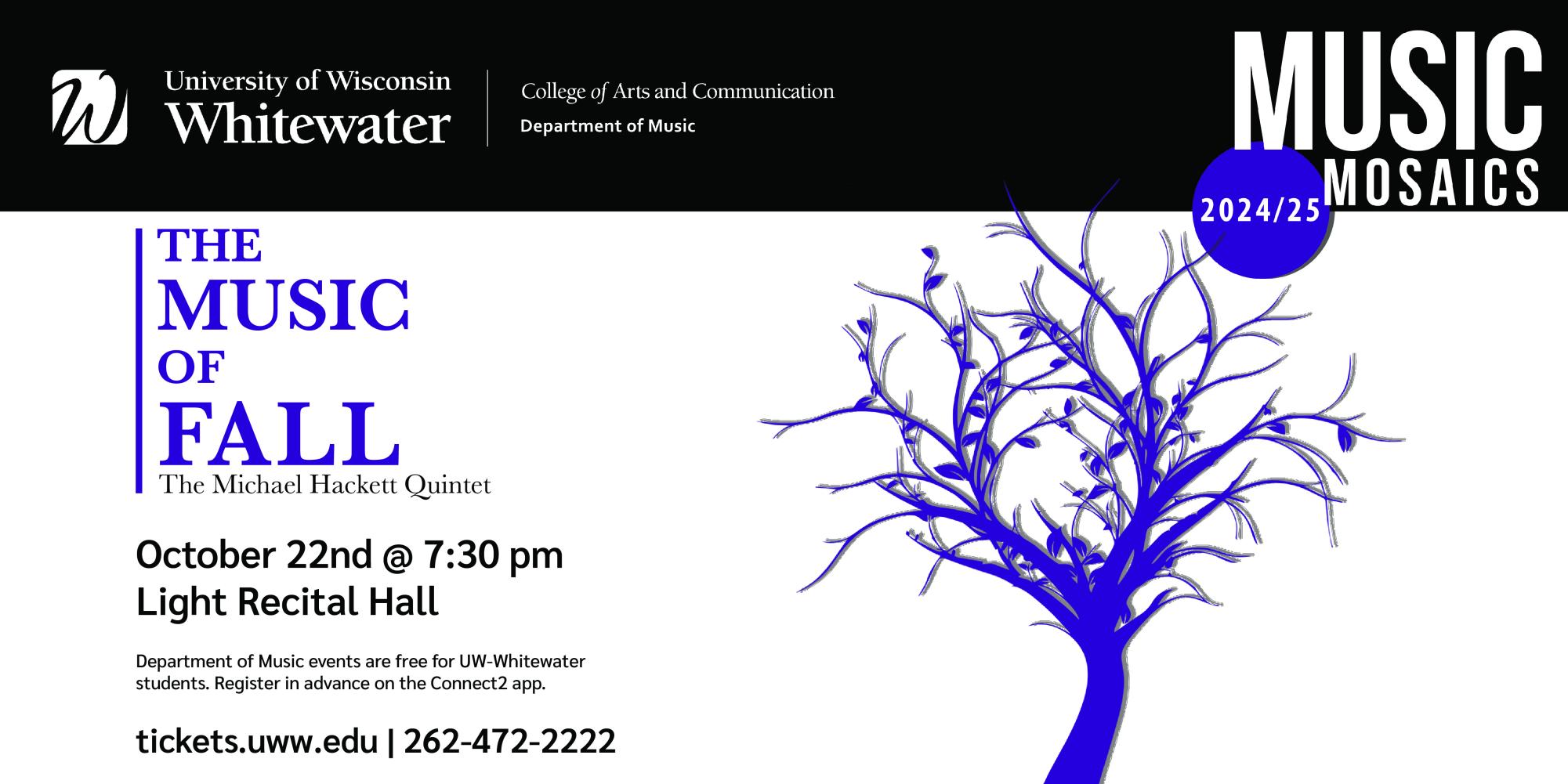Advocating for the educators of children

Photo of the children playing outside of the Roseman building; photo taken from Children’s Center website.
March 19, 2023
This semester, Chelsea Newman, interim director and lead preschool educator; Katie Check, toddler educator; and Jennalee Johnson, program enrichment and staff support; had the opportunity to go to an early childhood education forum/conference in Washington DC. They attended the National Association for the Education of Young Children (NAEYC) Public Policy Forum; to enhance the Build Back Better Act, with a goal for the educators in attendance to learn about advocacy of educators in early childcare to keep the system going. This conference took place in Capitol Hill, and gave the attendees the ability to speak with their district members. Each attendee from Wisconsin, 10 individuals, were able to speak with their district member and advocate for their educators. They were allowed 15 minutes to speak and explain to the district members about the personal level to use their voice to advocate for the educators that were in the school system for students aged 6 months to 5 years.
One of the crisis throughout the childcare industry is low wages; Newman, Johnson and Check went to advocate for not only more money from the federal government for their programs but to also explain to the departments that they, and everyone that is in the childcare industry, are educators in a crucial part of the childrens’ life.
Each member, Newman, Check and Johnson are all involved in masters programs in early childhood education and development, which is why they began to get involved with events like the forum they attended. The UWW early childhood program contains 80 student members and staff, with most containing a bachelor in education, as childcare is education. The ratio of students (children) to staff is 3:1, with the students being on a looped schedule; meaning that the staff stay with the children from ages 6 months until they ‘graduate’. This gives the child the stability of the same familiar faces throughout their time. The time spent here for the children is a time of immense learning, and when Newman, Check, and Johnson attended the conference they made sure to include information about their research. They wanted to attend because not only are they getting their masters, but their professor had been working with this conference and they decided that their voice would be heard if they were in attendance. Checks was able to have her trip paid for by the Early Childhood Association of Wisconsin, while the others (Newman and Johsnon) were paid for by the organization.
“Work force before the workforce,” said Chelsea Newman, the interim director and lead preschool educator, on the topic of the changes that have changed due to covid.
During the conference, the first days of the week were spent going to speeches and then were able to break into break out rooms to discuss what was explained during the speech; this gave the audience time to discuss what they had been told minutes before. The most surprising thing that the individuals noticed was that the in-home providers didn’t get the acknowledgement that they are in fact educators of children, as they are being in place of caretakers.
The staff is all on board for the education of children in the utmost respect.
“We are step 1 to getting people back because they need childcare,” said Katie Check when explaining why childcare is so important.
The jobs are continuing to go back and without this crucial part of the program, the adults wouldn’t be able to go back to work. This is emphasized throughout time with the staff, as their goal is to give the children the best education while keeping the prices down. This is why it was important for the individuals to go to the conference, as they need to advocate for more funding from the federal government to be able to give these children the education they deserve. Without funding, the parents/guardians have to pay higher tuition for their children under the age of 5 than the students enrolled in the university.
Johnson mentions that “we are under a crisis” and need to have “our voices heard by people that don’t know all the information about early childhood education”, meaning that the district members are for the people, but don’t have all the information to make them aware of all the struggles.
The struggles that are placed not only on the staff but on the parents and administrators as they are working through the shortage of workers that will accept the low pay, while continuing to keep prices accessible to parents. Johnson mentions that even though this job for students is a good way to get professional work experience, and childhood education is important to learn hands on training, there are still things that are hard to work through due to wages. There has been a downhill slide of people in the field due to the work hours/wages and about the future of teaching.
Overall, the goal of the forum was to complete the official ‘umbrella’ term for all childcare workers as ‘educators’. This will help to show the students, children, and their families that these years are important, as are the staff of this program; as they are helping the children grow. To find out more information about their program, visti: https://www.uww.edu/childrenscenter. The 50th year anniversary of the program on Whitewaters campus is approaching in the fall semester of 2023; more information will be sent out when the time becomes closer.











